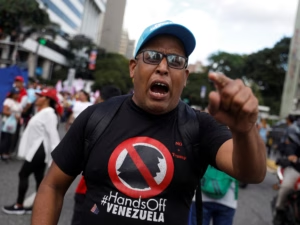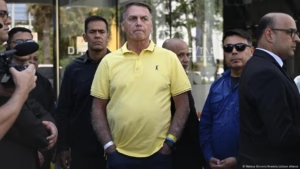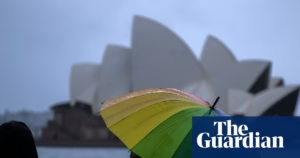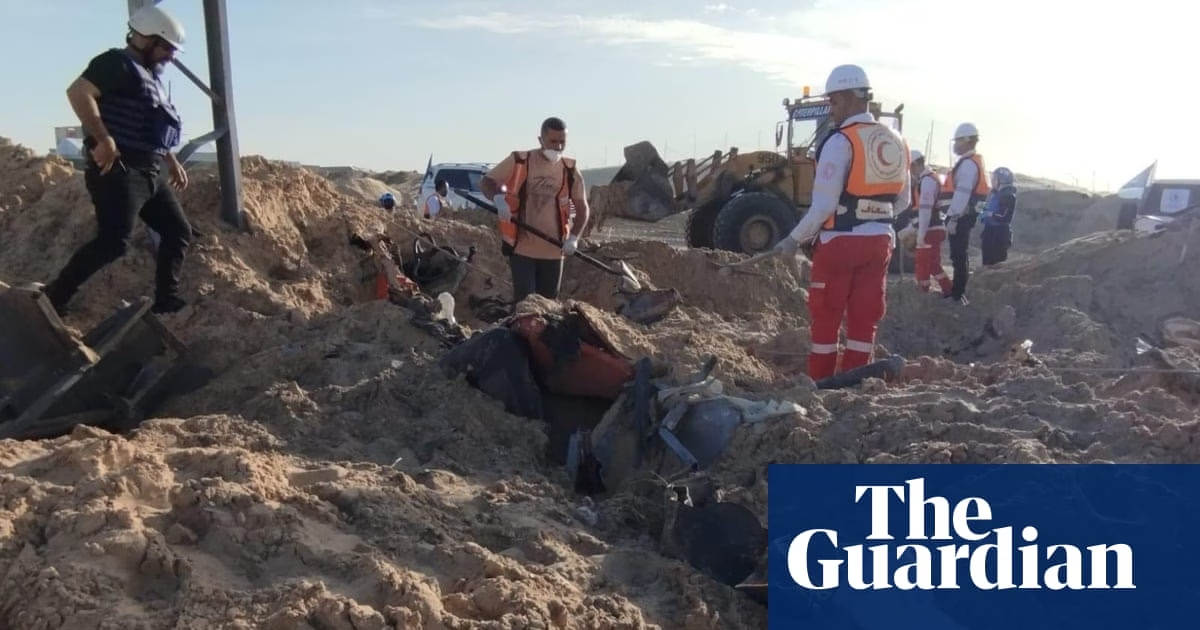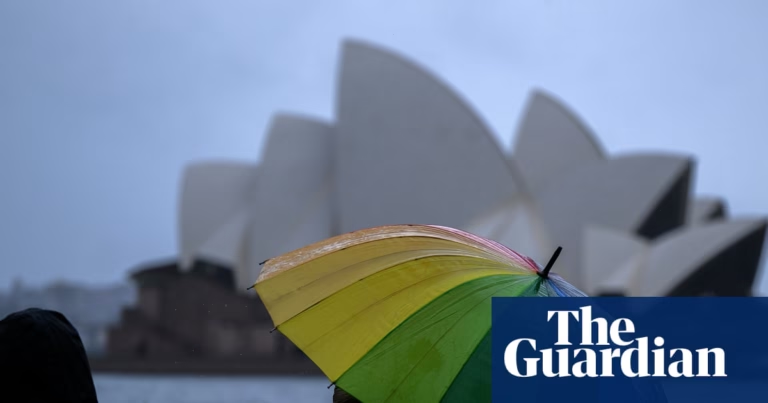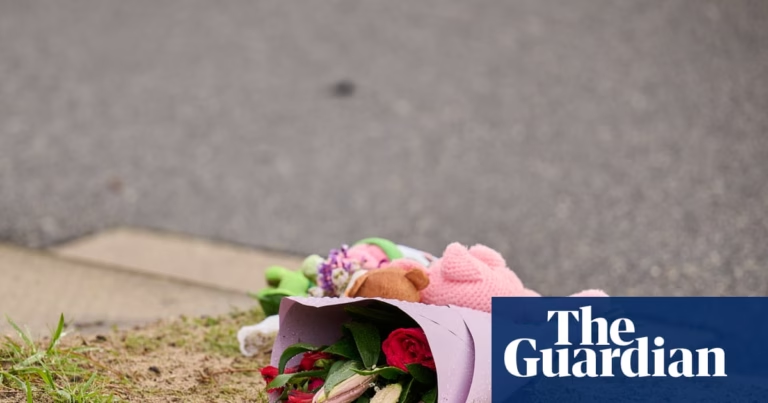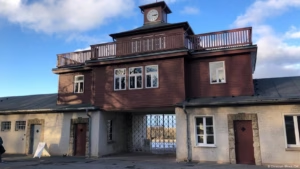Gaza is currently one of the most dangerous areas in the world for civilians, as Israeli forces have intensified their military campaign. However, for the first responders who rush towards the debris of bombed buildings, the risks are significantly higher. The 15 paramedics and rescue workers whose bodies were discovered last weekend in a bulldozed pit outside Rafah knew they were putting their lives at risk to save others, but they could not have been prepared for what awaited them in the early hours of 23 March.
Saleh Moamer, a 45-year-old Red Crescent ambulance officer and paramedic, had already narrowly escaped death twice earlier in the conflict. He was assigned to transport patients between hospitals when his vehicle came under Israeli army fire, resulting in a bullet lodging near his heart. Despite this, he managed to steer the vehicle out of the line of fire and survive.
Saleh spent three months in the hospital before returning to work. Later, on a rescue mission near Rafah, his ambulance was again shot at, and he suffered a wound in his right shoulder. He and his brother Bilal discussed their belief that the third time would be fatal, but it was half-joke, half-serious, which turned out to be prophetic.
Before going on his night shift on 22 March, Saleh bought bulk quantities of household goods for his wife, their six children, and his brother’s two children, who they had been taking care of since their father was killed in the conflict. It was as if he had a feeling he would not return, Bilal said.
Saleh joined the Red Crescent during the 2008-09 Israeli invasion of Gaza. He had studied business administration but his desire to help people amid the turmoil and bloodshed led him to train as a paramedic. Despite the dangers, Saleh’s drive to save innocent lives kept him going. He dedicated most of his time to working in the ambulance and the emergency department. Even after finishing his ambulance work, he would fix electrical problems in the vehicles and visit the homes of the injured to check on them.
On the morning of 23 March, a dispatch call came in, reporting injuries from an airstrike on the Tel Al-Sultan area of Rafah. Saleh took an ambulance to the scene, and upon seeing the extent of the damage, he called for more ambulances and collected the wounded he could find before returning to the base.
When he arrived back, he learned that radio contact had been lost with another ambulance that had also been dispatched to the site. The second ambulance had come under intense Israeli fire, and by the time Saleh learned they were missing, the driver, Mustafa Khafaja, and the paramedic, Ezz Al-Din Shatt, were already dead, according to a fellow paramedic who survived but was detained by Israeli soldiers.
Before dawn, Saleh drove back to the scene and found an empty ambulance in an area known as Hashashin. He then organized a rescue convoy with other Red Crescent ambulances, a civil defense fire truck, and a UN vehicle. This convoy of 13 paramedics and rescue workers went to Hashashin to find their missing colleagues, but that was the last time they were seen alive.
The families of the missing first responders endured a week of agony before receiving news that bodies had been found. Bilal and his family rushed to the Nasser hospital, hoping their son had not been among the remains, but that hope was crushed when they confirmed the identity of Saleh by his ring.
Bilal stated that there were marks from restraints on Saleh’s wrists, indicating that the Israeli army had tied him up. His fingers were also broken.
Israel’s military claims that its troops opened fire on vehicles advancing without headlights or emergency signals, though they have provided no evidence to support the claim that Hamas fighters and other militants were using the ambulances for cover. For Bilal, this claim was an insult, as the paramedics were providing humanitarian services and posed no threat.
Among the families who hurried to the morgue at Nasser hospital was Sobhi Bahloul, who was searching for his son, Mohammad, a volunteer Red Crescent paramedic. Finding his body, Sobhi went into shock and could not cry initially. The bodies were still in their uniforms, covered in blood and dirt. Recognizing his son’s features with difficulty, Sobhi confirmed his identity using Mohammad’s ID.
Sobhi described the gunshot wounds as clear, with shots to the chest and wrist. It appeared that Mohammad raised his hand to shield himself, but the bullets still went through his hand and into his chest and back. There were more than four bullets in the chest and heart area. Sobhi believed that Mohammad died instantly.
Like Saleh, Mohammad was passionate about his work as a paramedic. He graduated from Al-Azhar University with a nursing degree and completed several intensive courses. He had been volunteering since 2018 and had hoped to turn it into a paid job. Despite the absence of a salary, his commitment never wavered.
Sobhi emphasized the importance of his children loving goodness and doing good deeds. He said that their principle in the home was to do good without expecting thanks or praise. Their son lived by this principle.
Both Saleh and Mohammad went out to save lives, only to become victims themselves.
Source: https://www.theguardian.com/world/2025/apr/05/families-tell-of-shock-over-idf-killing-of-gaza-paramedics
